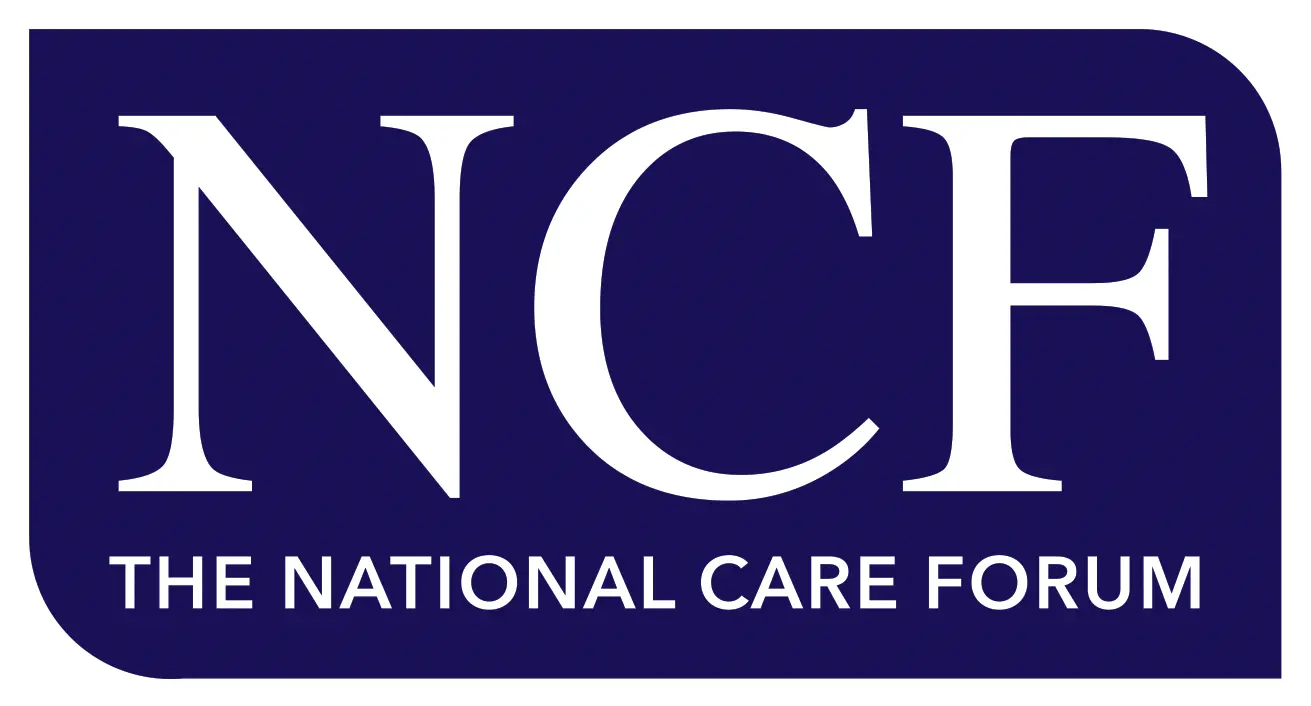Empower Your Team with Confidence and CQC Know-How
Training for every level of your Care Service
Expert-led training that makes CQC expectations clear and helps your whole team feel inspection-ready.
Build CQC confidence across your team
From frontline staff to senior leaders, our tailored training ensures everyone understands their role in delivering high-quality, inspection-ready care.
Practical, in-person learning with ongoing support
We deliver impactful, face-to-face sessions at your service—backed by toolkits and online resources to embed learning beyond the day.
Designed by experts, aligned with CQC
Our training is shaped by real inspection experience and fully aligned with the latest CQC framework, so your team knows exactly what to expect.
For Frontline and Support Staff
Course: Care Staff Confidence
A practical, engaging training session designed to help every member of your team feel more confident in their role—and when speaking with CQC.
Ready to empower your team?
What you'll learn:
-
What the CQC is really looking for
-
How your role contributes to inspection outcomes
-
Real examples of inspection questions and how to respond
-
Practical tips for confidently engaging with inspectors
Delivery:
-
Face-to-Face Group Session at your care service
-
Optional Online Resource Pack to support future learning
Outcomes:
-
Staff feel prepared and reassured about their role during inspection
-
Greater team understanding of the CQC framework
-
Improved confidence, communication and morale across your workforce
For Leaders and Managers
Course: Get CQC Ready
A focused, hands-on training course for Registered Managers, Deputies and Team Leads who want to fully understand the new CQC framework—and lead their team with confidence through inspection.
Lead with clarity and confidence
What you'll learn:
-
What the new CQC framework means for your role as a leader
-
How to approach inspections with clarity, confidence and strategy
-
How to prepare your team and evidence for every stage of inspection
-
How to respond to inspector questions and lead your service on the day
Delivery:
-
On-Site Training with experienced CQC specialists
-
Resource Toolkit to help you embed learnings post-session
Outcomes:
-
Confidence in speaking about your service with inspectors
-
Clarity on what evidence to prepare and how to present it
-
A more united, inspection-ready leadership team
What our clients are saying
Our training clients include











Which course is right for you?
Care Staff Confidence
AUDIENCE
Care Staff & Support Staff
FORMAT
Face-to-Face + Online Resources
DURATION
Full-Day (2 sessions to keep group sizes small)
FOCUS
Confidence & CQC Awareness
OUTCOME
Staff feel informed and empowered
Get CQC Ready
AUDIENCE
Managers, Leaders, Deputies
FORMAT
Face-to-Face + Resource Toolkit
DURATION
Full-Day
FOCUS
Inspection Strategy & Framework
OUTCOME
Leaders feel inspection-ready
Still unsure which course suits your team best?
FAQs
Can we book both trainings?
Absolutely. Many services choose to train managers and staff separately to maximise impact.
Do you travel to us?
Yes — we come to your service. All training is delivered in-person by our expert team.
Is this training CQC-compliant?
Yes. Our content is aligned with the latest CQC guidance and quality statements.
Do you offer bespoke sessions?
Yes. If you have specific goals or challenges, we can tailor a session to suit your team.
Let's get started
Don’t leave inspection confidence to chance.
Book training that gives your team the insight, clarity and confidence they need to shine.
(You’ll be taken to a short form – no commitment, just a quick way to get started.)
